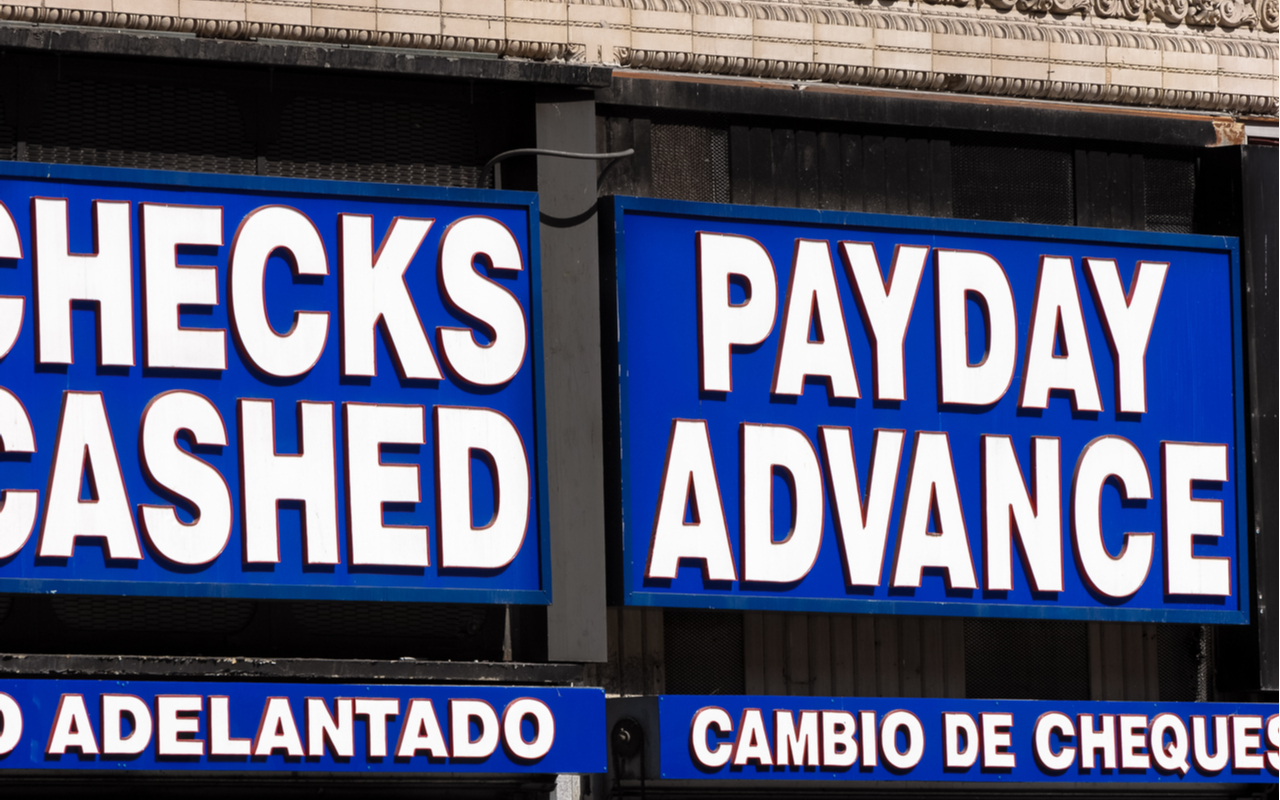At a recent press conference, Rep. Alexandria Ocasio-Cortez described a common scene at the check-cashing places that dot her Bronx neighborhood.
“Imagine showing up and having 10 to 20 percent of your check taken away from you,” she said. “That’s diapers, that’s baby formula, and that’s food that’s taken out of the hands of families just to cash a check.”
Ocasio-Cortez has long advocated for postal banking as an alternative to such predatory financial firms. She recently joined Representatives Marcy Kaptur and Bill Pascrell in drafting a letter signed by 33 members of the House of Representatives, calling for $6 million to be set aside in the federal budget for postal banking pilot programs.
Under their plan, USPS would experiment with offering expanding financial services, including surcharge-free ATMs, wire transfers, check cashing, and bill payment in five urban and five rural ZIP codes.
This would immediately benefit the pilot communities by giving them access to low-fee financial services. Nationwide, millions of people in America have to rely on predatory financial services. The problem is especially severe for people of color. According to an FDIC survey, 13.8 percent of Black and 12.2 percent of Latinx households lack a bank account.
High fees for financial services cost working class people thousands of dollars during their lives, and with big Wall Street banks removing branches from communities of color, it will only become a bigger problem.
The ultimate goal of the pilot project initiative would be to offer such services nationwide. USPS is well-placed to handle this expansion. Postal employees already handle money orders and some other limited financial services, but there is tremendous untapped potential to utilize the 31,000 post offices around the country to provide trusted and affordable financial services.
Postmaster General Louis DeJoy already has the authority to expand basic financial services, including check cashing services, and the idea of a pilot projects has been floating around for years. But in his recently released 10-year plan, DeJoy made no mention of this issue. A mandate from Congress would final get the ball rolling.
The timing couldn’t be more critical.
An expansion of postal financial services would help low—income Americans save money as they struggle to get back on their feet from the crisis. Research shows that the rate of people taking out payday loans has tripled during the Covid-19 pandemic, and as people continue to receive unemployment and stimulus checks, check cashing services are making a killing off of the needs of the people.
Wire transfers have also boomed during the pandemic with people providing remittances to overseas friends and families in need.
Postal banking could also be a boon for the bottom line of the Postal Service.
“One in four households in the U.S. doesn’t have access to affordable financial services…But everyone has a post office,” Porter McConnell from the Save the Post Office Coalition said. “Piloting non-bank financial services at the post office would save working families in these communities thousands of dollars and would ultimately bring in over a billion dollars in revenue for the Postal Service every year.”
Expanding postal services is a win-win for everyone — except the predatory financial firms.
